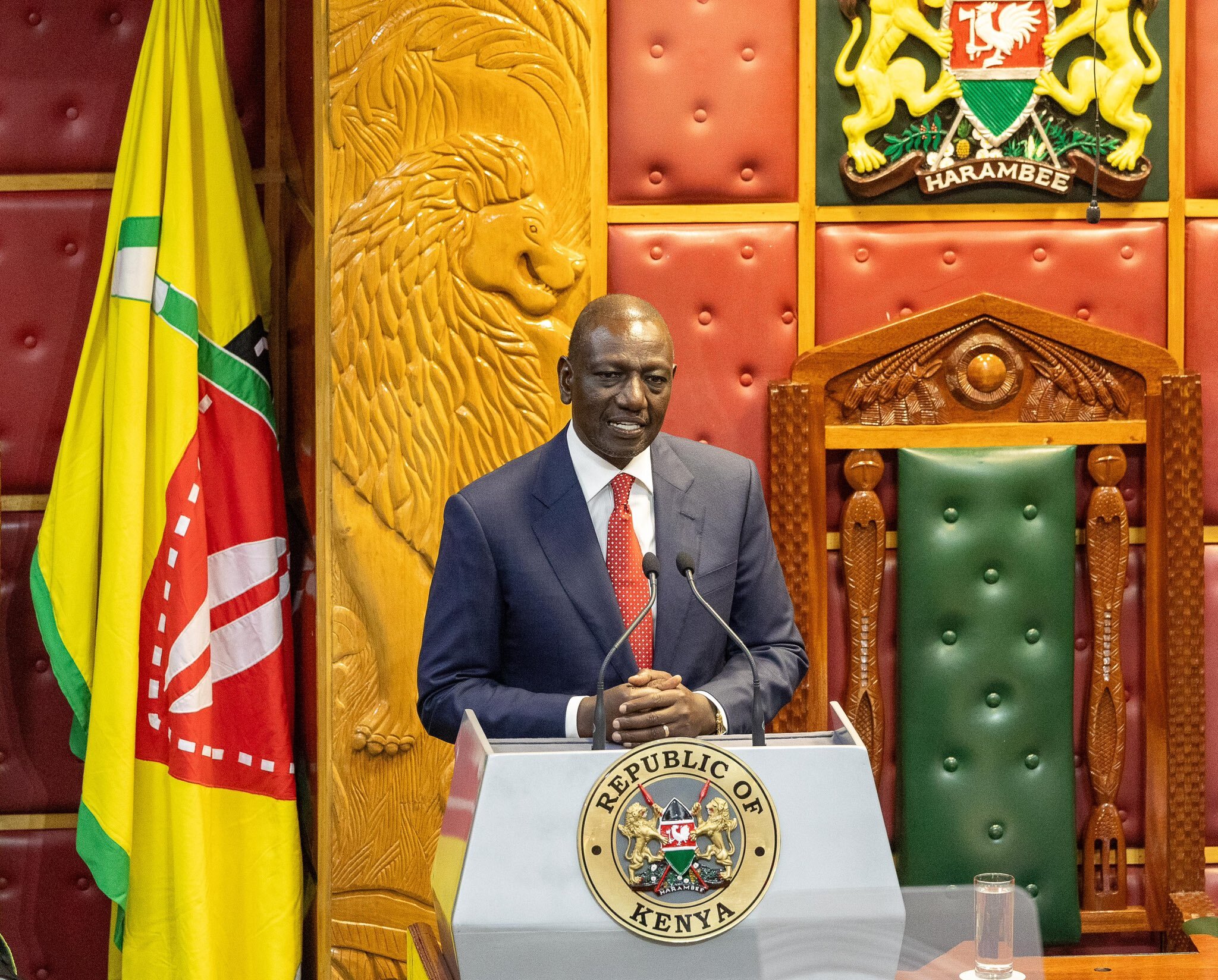Malaria-causing bugs have developed resistance to most of the chemicals traditionally used in controlling Anopheles-borne infections. Here is how this challenge is likely to impact health in communities in the continent
1. Increased disease transmission
Mosquitoes are the primary vectors for diseases such as malaria, dengue fever, and Zika virus, which significantly impact public health in Africa. As mosquitoes develop resistance to insecticides, the effectiveness of current control measures diminishes.
This resistance will result in a decreased ability to control mosquito-borne diseases, leading to increased transmission of these diseases.
2. Strain in public health infrastructure
Increased disease transmission will strain healthcare systems. The reason is that increased insecticide resistance could lead to more frequent and severe outbreaks, overwhelming hospitals and clinics.
Healthcare systems in many African countries are already under pressure due to a combination of factors, including limited funding, inadequate infrastructure, and shortages of medical personnel and supplies. The added burden of managing more cases of mosquito-borne diseases could exacerbate these challenges, potentially leading to longer wait times, reduced quality of care, and increased mortality rates.
3. Need for new strategies
Since the traditional methods are becoming less effective, there will be an urgent need for the development and implementation of new mosquito control strategies. One key strategy involves the use of alternative insecticides, which may include chemicals with different modes of action to which mosquitoes have not yet developed resistance.
Additionally, biological control methods, such as introducing natural predators of mosquitoes or using bacteria that target mosquito larvae, offer environmentally friendly and sustainable solutions. Innovations like genetically modified mosquitoes also hold promise.
4. Need for more research and funding
Addressing insecticide resistance in mosquitoes will require substantial investment in research and development to discover and refine new solutions. This challenge is multifaceted, involving the study of mosquito biology, genetics, and behavior, as well as the development of new insecticides and control methods that mosquitoes have not yet resisted.
Research will also be needed to explore innovative technologies, such as gene drives and other genetic engineering techniques that could offer long-term solutions to reduce mosquito populations or their ability to transmit diseases. Moreover, significant funding will be required to support public health initiatives that implement these new strategies on the ground.
5. Setbacks in health progress
The growing resistance of mosquitoes to insecticides poses a significant threat to the hard-won gains made in reducing the prevalence of mosquito-borne diseases over recent decades.
Many countries, particularly in Africa, have seen substantial progress in controlling mosquito-borne diseases through the widespread use of insecticide-treated bed nets, indoor residual spraying, and other vector control measures. However, the rise of insecticide resistance jeopardises these advancements, potentially leading to a resurgence of these diseases.
6. Broader public health challenges
As the burden of mosquito-borne diseases increases, it will divert crucial resources, funding, and attention from other critical health areas. Public health systems will find themselves overwhelmed by the need to respond to more frequent and severe outbreaks of mosquito-borne diseases.
This will lead to a reallocation of resources that were initially designated for other essential healthcare services, such as maternal and child health, immunisation programs, and the management of chronic diseases.
7. Loss of tourism revenue
As mosquitoes become more resistant to control measures, the prevalence of mosquito-borne diseases will increase. This rise in disease incidence will lead to heightened concerns among potential visitors about their safety and health, deterring them from traveling to affected regions.
Countries that depend on tourism as a major source of income will see a decline in the number of visitors. This reduction in tourism will have a ripple effect across various sectors of the economy, including hospitality, transportation, retail, and local businesses that rely on tourist spending.
8. Socioeconomic inequalities
The burden of increased disease incidence due to insecticide-resistant mosquitoes is likely to fall disproportionately on poorer communities, exacerbating existing socioeconomic inequalities. These communities often have limited access to effective healthcare, preventive measures, and public health information, making them more vulnerable to mosquito-borne diseases.
Moreover, the impact of these diseases can deepen existing inequalities between urban and rural areas. Urban centers, which often have better access to healthcare and public health interventions, may fare better in controlling disease outbreaks compared to rural areas. This disparity can lead to a concentration of disease burden in less accessible and under-resourced regions, further marginalizing these communities.
9. Global health security
Increased insecticide resistance in mosquitoes is not just a regional concern, it poses significant implications for global health security.
Mosquito-borne diseases are capable of spreading across borders, particularly in the highly interconnected world where international travel and trade are commonplace. As mosquitoes become resistant to existing insecticides, the effectiveness of control measures diminishes, increasing the risk of these diseases spreading to new areas, including regions where they were previously under control or not present.
10. Environmental and ecological impacts
The introduction of alternative insecticides or new mosquito control measures can have unintended consequences on non-target species and local ecosystems, potentially disrupting biodiversity. Alternative insecticides, especially those with broad-spectrum action, can affect a wide range of insect species, not just mosquitoes.
Beneficial insects, such as pollinators (bees and butterflies) and natural predators of mosquitoes (dragonflies and certain bird species), may be harmed by these chemicals. The decline in populations of these beneficial species can disrupt food chains and ecosystem services, such as pollination and natural pest control, leading to broader ecological imbalances.










